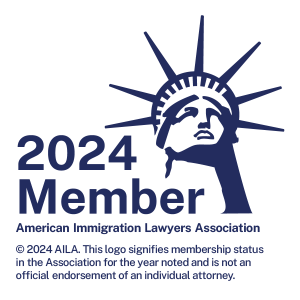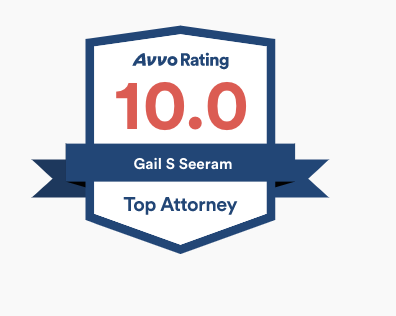The affidavit of Support Form I-864 is a contract signed by the petitioner or sponsor in an immigrant visa case agreeing to use their financial resources to support the intending immigrant named on the affidavit. The individual who signs the affidavit of support becomes the sponsor once the intending immigrant becomes a lawful permanent resident. The sponsor is usually the petitioner who filed an immigrant petition on behalf of the intending immigrant.
When you sign the affidavit of support Form I-864, you accept legal responsibility for financially supporting the sponsored immigrant(s), generally until they become U.S. citizens or are credited with 40 quarters of work. Your obligation as a sponsor also ends if you or the individual sponsored dies or if the individual sponsored ceases to be a lawful permanent resident and departs the United States.
Note: Divorce does NOT end the sponsorship obligation.
If you filed an immigrant visa petition for your relative, you must be the sponsor. You must also be at least 18 years old and a U.S. citizen or a permanent resident. You must have a domicile in the United States or a territory or possession of the United States. Usually, this requirement means you must actually live in the United States, or a territory or possession, in order to be a sponsor. If you live abroad, you may still be eligible to be a sponsor if you can show that your residence abroad is temporary, and that you still have your domicile in the United States.
A joint sponsor is someone who is willing to accept legal responsibility for supporting your family member with you. A joint sponsor must meet all the same requirements as you, except the joint sponsor does not need to be related to the immigrant. The joint sponsor (or the joint sponsor and his or her household) must reach the 125% income requirement alone. You cannot combine your income with that of a joint sponsor to meet the income requirement.
If the sponsored immigrant receives federal, state or local means-tested public benefits, the agency providing the benefit may ask the sponsor (and household member, if applicable) to repay the cost of those benefits.
If the sponsor (or household member) does not repay the cost, the agency can sue the sponsor (and household member) and obtain a court order for repayment. The Presidential Memorandum instructs such benefit granting agencies to seek reimbursement to the extent allowable under law.
For more information on Affidavit of Support Form I-864,
text/call 407-292-7730 | whatsapp 407-353-1363 |email gail@gaillaw.com
FREE consultation – Book consultation: www.gaillaw.as.me
Copyright © 2025, Law Offices of Gail S. Seeram. All Rights Reserved.














